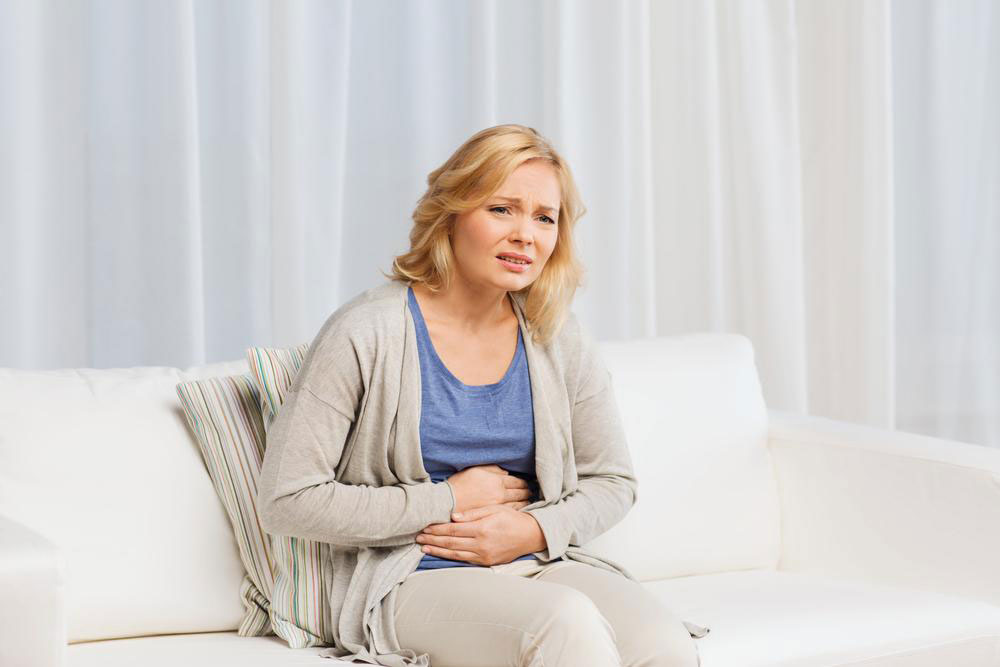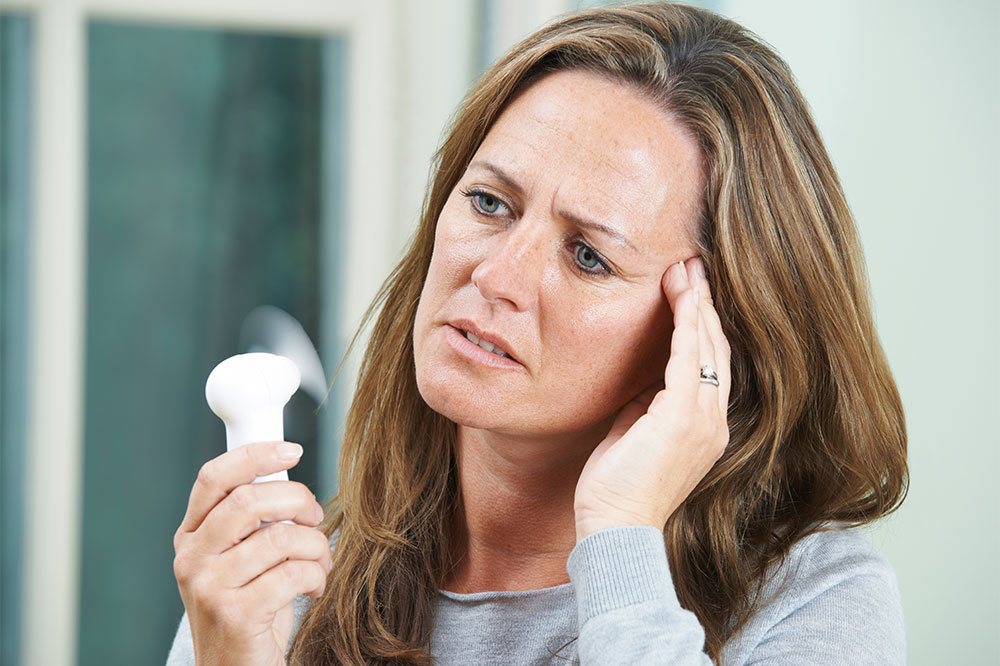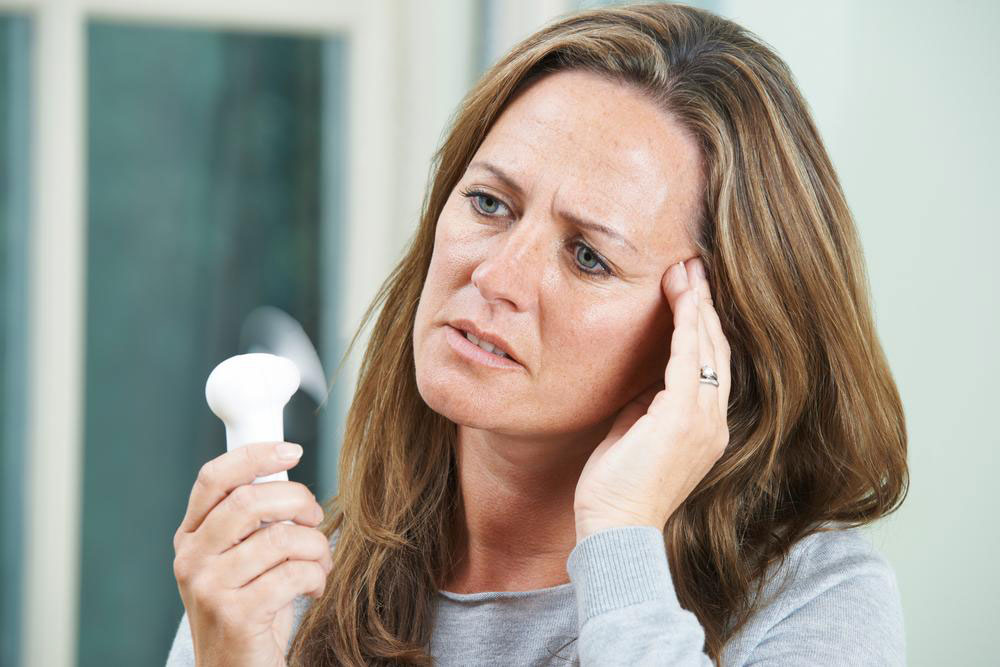Comprehensive Guide to Menopause: Recognizing Symptoms and Managing Health
This comprehensive article explores the physiological changes and symptoms associated with menopause, including hot flashes, mood swings, and sleep disturbances. It emphasizes the importance of lifestyle modifications and medical options for managing menopausal symptoms effectively. Learn how to approach this natural transition with confidence and maintain overall wellness through informed choices and proactive health strategies.

Comprehensive Guide to Menopause: Recognizing Symptoms and Managing Health
Menopause is a significant milestone in a woman’s life, representing the transition from reproductive to post-reproductive years. Understanding the physiological changes that accompany menopause is essential for women to manage symptoms effectively and maintain their quality of life. This detailed guide explores the various signs and symptoms associated with menopause, their underlying causes, and practical strategies for relief and health preservation throughout this natural biological process.
Women are born with a finite number of ovarian follicles—tiny sacs in the ovaries that contain immature eggs. These follicles remain dormant until puberty, which typically occurs between the ages of 10 and 12, though it can vary based on genetics, nutrition, health status, and environmental factors. Puberty is characterized by a complex interplay of hormonal signals, primarily involving the release of gonadotropin-releasing hormone (GnRH) from the hypothalamus, which stimulates the pituitary gland to produce follicle-stimulating hormone (FSH) and luteinizing hormone (LH). The increasing levels of these hormones trigger ovarian activity, leading to ovulation and the establishment of regular menstrual cycles.
During the reproductive years, a woman's ovaries routinely release eggs through ovulation, and hormonal fluctuations support the maintenance of pregnancy readiness. Regular menstrual cycles are a sign of balanced hormonal function. However, as women age, the ovarian reserve diminishes, and hormonal fluctuations become more pronounced, leading to irregular periods. These changes are natural signs of declining fertility and indicate that menopause is approaching.
Menopause officially occurs when a woman has gone without a menstrual period for a full 12 consecutive months. This biological process usually takes place between the ages of 49 and 52 but can vary individually. Early signs of menopause include irregular menstrual cycles, which often serve as an initial indicator that hormonal shifts are underway. As estrogen and progesterone levels fluctuate and decline, women begin to experience various physical and emotional symptoms. These symptoms are collectively recognized as menopausal symptoms, which can significantly impact daily life but can often be managed with lifestyle changes, medical interventions, or a combination of both.
One of the hallmark symptoms of menopause is hot flashes, sudden episodes of intense warmth often accompanied by sweating and skin redness. Night sweats are similar episodes that occur during sleep, leading to disruptions in rest and contributing to fatigue. Mood swings, irritability, and emotional instability may also appear as hormonal fluctuations influence neurotransmitter activity. Skin may become thinner and drier, leading to increased susceptibility to irritation and discomfort. Vaginal dryness and discomfort during sexual intercourse are common due to decreased estrogen levels affecting the mucous membranes.
Sleep disturbances are frequently reported during menopause and can exacerbate mood swings and fatigue. Weight gain, particularly around the abdomen, along with joint soreness and muscle stiffness, are additional physical changes that women might face. Dry skin and hair thinning can also occur, adding to concerns about aging and self-image. Importantly, menopause can also have psychological impacts, including increased risk of anxiety and depression.
Despite these challenges, women can adopt various strategies to mitigate symptoms and promote overall well-being. Regular physical activity, a nutritious and balanced diet rich in vitamins and minerals, and stress management techniques such as yoga or meditation are highly beneficial. Medical options like hormone replacement therapy (HRT), non-hormonal medications, and natural remedies have also been utilized effectively to alleviate symptoms. It is crucial for women to consult with healthcare professionals to develop a personalized approach to managing menopausal symptoms based on their health status and preferences.
Understanding menopause as a natural phase rather than an illness allows women to approach it proactively. Recognizing early signs enables timely interventions that can improve quality of life during this transition. Maintaining a healthy lifestyle, staying informed about available treatment options, and seeking supportive healthcare can empower women to navigate menopause confidently and comfortably.





